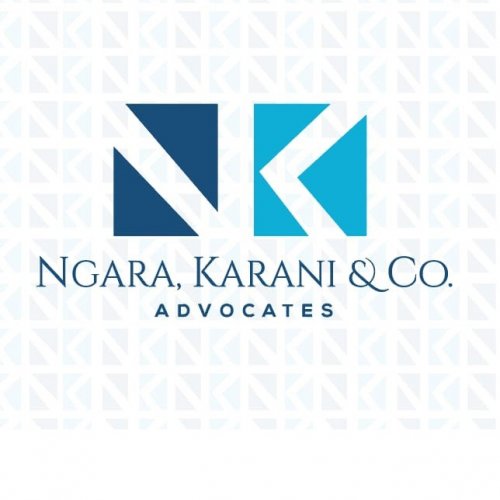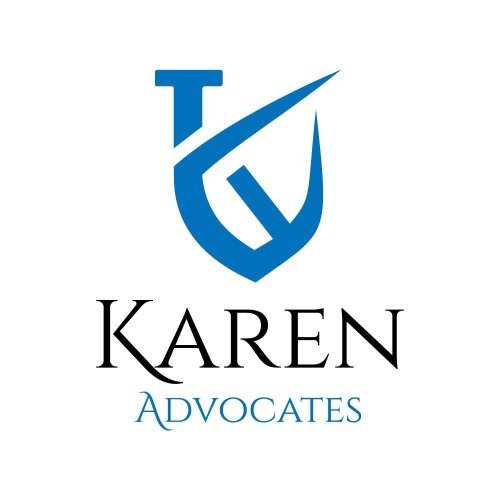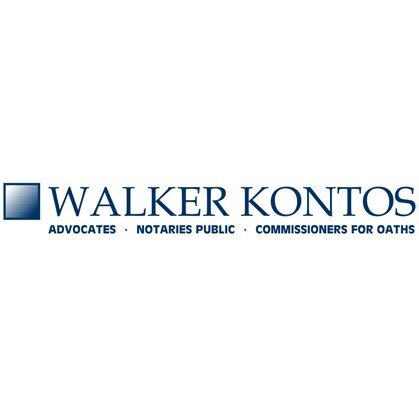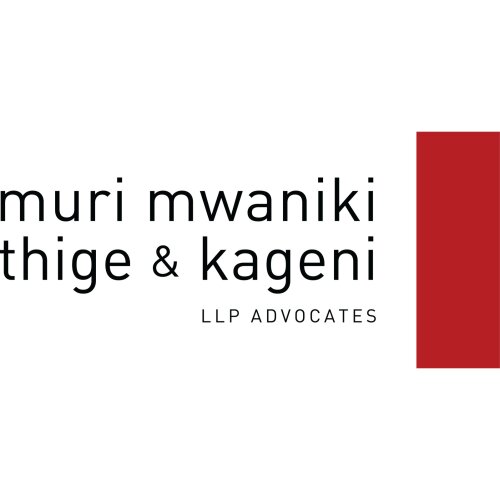Best Elder Abuse Law Lawyers in Kenya
Share your needs with us, get contacted by law firms.
Free. Takes 2 min.
Or refine your search by selecting a city:
List of the best lawyers in Kenya
About Elder Abuse Law in Kenya
Elder abuse is a serious issue that affects the well-being and dignity of older individuals. In Kenya, elder abuse laws are structured to protect senior citizens from various forms of abuse, including physical, emotional, financial, and neglect. The government, alongside non-governmental organizations, has been working to create a legal framework that safeguards the rights of elders by establishing strict regulations and providing avenues for reporting and addressing abuse.
Why You May Need a Lawyer
In situations where elder abuse is suspected or confirmed, legal assistance is often crucial. Here are some common scenarios where a lawyer might be necessary:
- If a family member or caregiver is suspected of abusing an elderly individual.
- In cases where financial exploitation is suspected, such as unauthorized use of an elder's funds or assets.
- When seeking legal protection or restraining orders against an abuser.
- If an elderly person has experienced neglect in a nursing home or care facility.
- To navigate the legal processes of elder guardianship or conservatorship.
A lawyer can help you understand your rights, represent your interests, and ensure that the necessary legal procedures are followed to protect the elder individual.
Local Laws Overview
Kenya's legal framework for elder abuse is derived from various laws and policies aimed at protecting the rights and welfare of older persons. Key aspects include:
- The Constitution of Kenya, which safeguards the rights of all citizens, including the elderly.
- The Kenya National Policy on Older Persons and Aging, which provides a framework for addressing issues affecting the elderly.
- The Penal Code, which criminalizes various abusive acts against all individuals, including elders.
- Specific provisions under the Social Assistance Act, which provide social support and financial aid for disadvantaged older individuals.
- Implementation of programs by the Ministry of Labour and Social Protection focused on elder rights and welfare.
Frequently Asked Questions
What is considered elder abuse in Kenya?
Elder abuse in Kenya encompasses physical, emotional, financial abuse, neglect, and abandonment of older persons. It is any harmful act of commission or omission that leads to harm or distress to an elder.
What should I do if I suspect elder abuse?
If you suspect elder abuse, it is crucial to report the case to local authorities or organizations focused on elder care. Documentation and contacting a lawyer can also support legal action.
Can I file a lawsuit on behalf of an elder who cannot do it themselves?
Yes, family members or legal representatives can file a lawsuit on behalf of an elder who is unable to do so due to physical or mental incapacity.
Are there specific penalties for elder abuse in Kenya?
Penalties for elder abuse vary depending on the nature and severity of the abuse, ranging from fines to imprisonment as outlined in the Penal Code and other relevant statutes.
How can I ensure the financial safety of an elder relative?
Regularly monitoring financial accounts, establishing power of attorney, and consulting with legal experts can help protect an elder's financial assets.
What government bodies handle elder abuse cases?
The Ministry of Labour and Social Protection, alongside the judiciary, plays a significant role in addressing elder abuse cases. Local police and social services may also be involved.
Is there legal assistance available for elders who cannot afford a lawyer?
Yes, there are pro bono services and legal aid clinics available in Kenya that provide free legal assistance to those in need, including elderly individuals.
Can community members play a role in preventing elder abuse?
Yes, community awareness and education, along with reporting suspicious activities, can significantly prevent and reduce elder abuse.
What role do non-governmental organizations play in elder abuse cases?
NGOs often provide support services, advocate for elder rights, and assist in legal proceedings or mediation efforts to protect elder individuals.
How can I verify the credibility of a care facility?
Investigate the facility's licensing, read reviews, visit the facility in person, and check for any past violations or complaints to ensure it meets the necessary standards of care.
Additional Resources
Several resources, governmental bodies, and organizations can aid individuals seeking legal advice on elder abuse:
- Ministry of Labour and Social Protection: Offers programs and policies to support the elderly.
- Kenya National Commission on Human Rights (KNCHR): Advocates for the rights of older persons.
- Pension Schemes and Social Welfare Programs: Financial support for elderly individuals.
- Local Law Societies: Provide directories of lawyers specializing in elder abuse.
- Non-Governmental Organizations: Such as HelpAge Kenya, focusing on elder rights and welfare.
Next Steps
If you require legal assistance in elder abuse law, consider the following steps:
- Gather evidence including medical reports, financial statements, and testimonies that highlight the abuse.
- Consult a legal expert who specializes in elder law to explore available options.
- Report the abuse to local authorities for immediate action while the legal procedures are underway.
- Reach out to support groups or NGOs that provide assistance to elders in abuse situations.
- Stay informed about elder rights and protection measures in your community to prevent future occurrences.
Taking timely and informed actions can make a significant difference in protecting the rights and welfare of elderly individuals.
Lawzana helps you find the best lawyers and law firms in Kenya through a curated and pre-screened list of qualified legal professionals. Our platform offers rankings and detailed profiles of attorneys and law firms, allowing you to compare based on practice areas, including Elder Abuse Law, experience, and client feedback.
Each profile includes a description of the firm's areas of practice, client reviews, team members and partners, year of establishment, spoken languages, office locations, contact information, social media presence, and any published articles or resources. Most firms on our platform speak English and are experienced in both local and international legal matters.
Get a quote from top-rated law firms in Kenya — quickly, securely, and without unnecessary hassle.
Disclaimer:
The information provided on this page is for general informational purposes only and does not constitute legal advice. While we strive to ensure the accuracy and relevance of the content, legal information may change over time, and interpretations of the law can vary. You should always consult with a qualified legal professional for advice specific to your situation.
We disclaim all liability for actions taken or not taken based on the content of this page. If you believe any information is incorrect or outdated, please contact us, and we will review and update it where appropriate.
Browse elder abuse law law firms by city in Kenya
Refine your search by selecting a city.

















